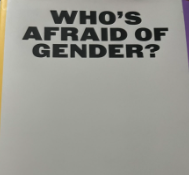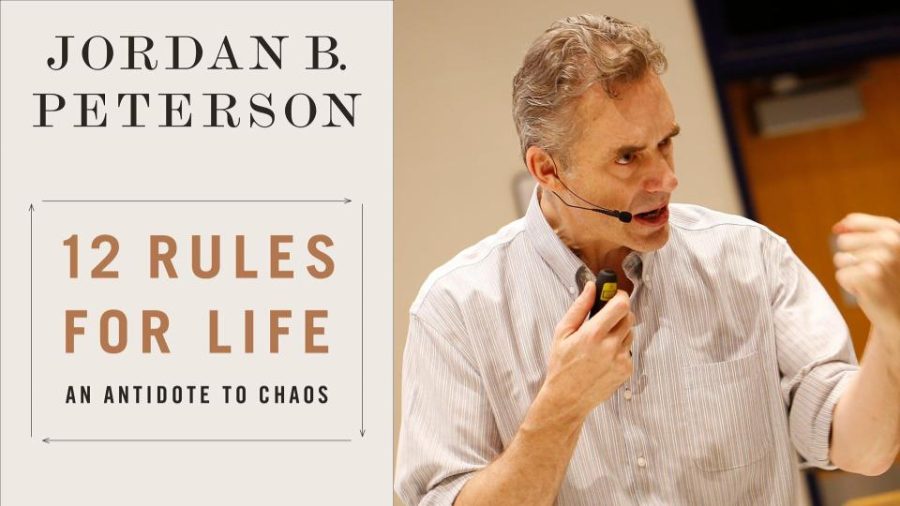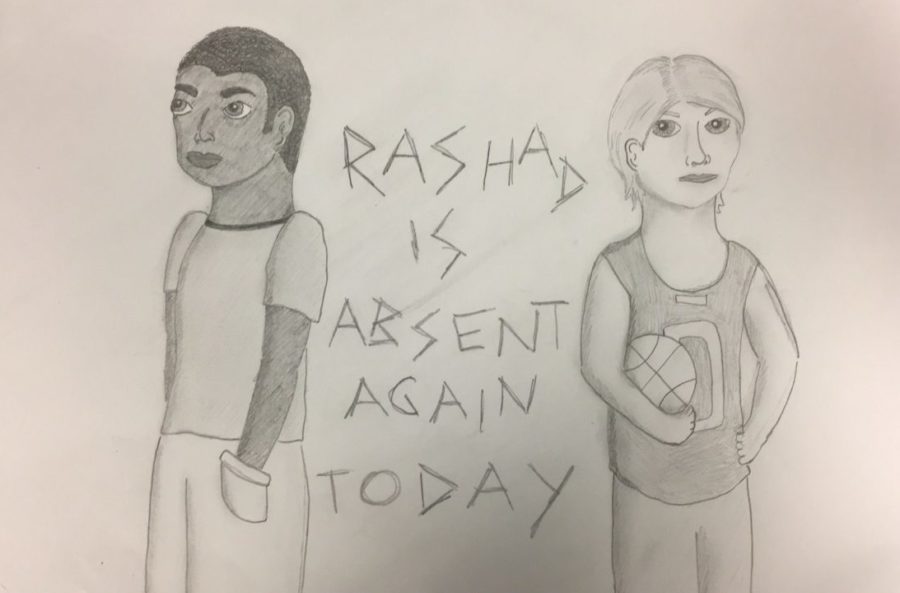Newly released book by Judith Butler,“Who’s Afraid of gender?”explores the concept of gender and the fear behind it. Gender can be defined as the social, psychological, cultural and behavioral aspects of associating with identifying as a man, woman or a different gender. Butler begins the novel by introducing specific groups of people such as Vladmir Putin and Pope Francis who abuse their power to create a fear of gender among their people.
Throughout this novel, there is no identified reason as to how a person can exactly develop a fear of gender. However, in the introduction Butler explores two promising explanations for this phenomenon. First, gender fear can be understood as a “psychological phenomenon where intimate fears and anxieties become socially organized to incite political passions” (Butler 9). Second, the fear of gender which is used by political leaders to manipulate their people is due to the desire to maintain a patriarchal system.
By the end of the introduction, Butler gives the reader a brief explanation of the purpose of the book. Which is to inform the reader about the vast anti-gender ideologies and how we comprehend these complicated beliefs.
A question asked throughout this novel is to what extent do global leaders preach their problematic ideologies about gender, arguing how LGBTQ+ people cannot be treated like human beings in society, or to keep men at the top of the social pyramid, and get away with it. Butler specifically focuses on the prominent catholic church leader, Pope Francis. Who is guilty of arguing that gender destroys the basic format of a family and that westernization pushes “political propaganda” on children at school.
A good example of this belief is the significant dislike of gender and LGBTQ+ ideals taught in a public school setting. People who have Anti-gender beliefs see this opportunity of public schools abusing their power and “brainwashing” students with these ideologies. Anti-gender leaders similar to Pope Francis provide a great example that westernization is not at fault for gender, but for the genuine fear of gender from these leaders.
Butler explores the fear of gender in the U.S, Which is different from that present in other countries. It is well known that southern states such as Florida and Alabama are not as welcoming to accept left wing change. Butler digs deep into how United States state legislatures abuse their power by using censorship to hide the ideals of gender from the public.
An example of this can be seen in public schools. These right anti-gender theorists claim certain curriculum or pieces of literature in schools contain “inappropriate” or “ left wing political agenda,” when in reality, this information is essential for children to learn because it helps them develop as human beings.
Butler relates how the fear of gender is a global issue, specifically in Brazil, Costa Rica, Colombia, France, Switzerland, United Kingdom, Scotland, Ecuador, Germany, Hungary, Russia, the United States and many more. Butler also gives the reader specific examples from each nation, which provides a perspective to how much of an issue being uneased of gender really is for the world.
To fully grasp this issue of gender, there is an important term to understand. The term is Aristotelian-Thomistic anthropology, which is an idea of humans that is universal, immutable and revealing divine will over time. This is the belief held by the majority of leaders who run anti-gender countries. This idea basically erases the idea of gender, arguing that gender is set in stone, but this is absolutely not the case.
Anti-gender theorists refuse to accept the scientific findings of gender due to the belief in ‘Aristotelian-Thomistic anthropology. Theorists argue that gender is “set in stone,” but according to Butler, science proves that “what it means to be a woman or man (or neither) is not a fixed and stable entity, but a complex constellation of biological, political, economic, and cultural factors which may shift over time” (Butler 175). The quote therefore concludes that a number of factors can have an impact on gender, and it is not “set in stone.”
On the positive side, after finishing this novel, there is a lot of information to process. I liked this novel but also somewhat disliked it. To start with what I liked, I enjoyed how Butler provided specific examples when explaining the theory of unequal rights among men and women in daily society.. I also appreciated how Butler described gender- fear as a global issue and not just an issue in the US.
One of the things I did not like about this novel was how the information was portrayed to the audience. Butler has many other works that are more well- known than their newest book. Therefore, this novel seems to target an audience that is already familiar with Butler’s other works, which can be an issue for new readers of their work such as myself because Butlers writing style is very difficult to understand for the average reader. I also did not like that Butler was focusing so much on the religious aspect of the issue of gender. While this needs to be said, it is not necessary for the length Butler went rambling on about it.
I would recommend this book only for a specific instance. For a feminist highly interested in learning more about a huge issue in the field of feminism, gender, I would highly recommend reading this book. I would also recommend reading Butler’s past novels before reading “Who’s Afraid of Gender?” Some of these titles include “Gender Troubles (1990)”Gender Trouble: Feminism and the Subversion of identity (1990), .Undoing Gender (2004) and “Bodies That Matter: On the Discursive Limits of “sex” (1993)









